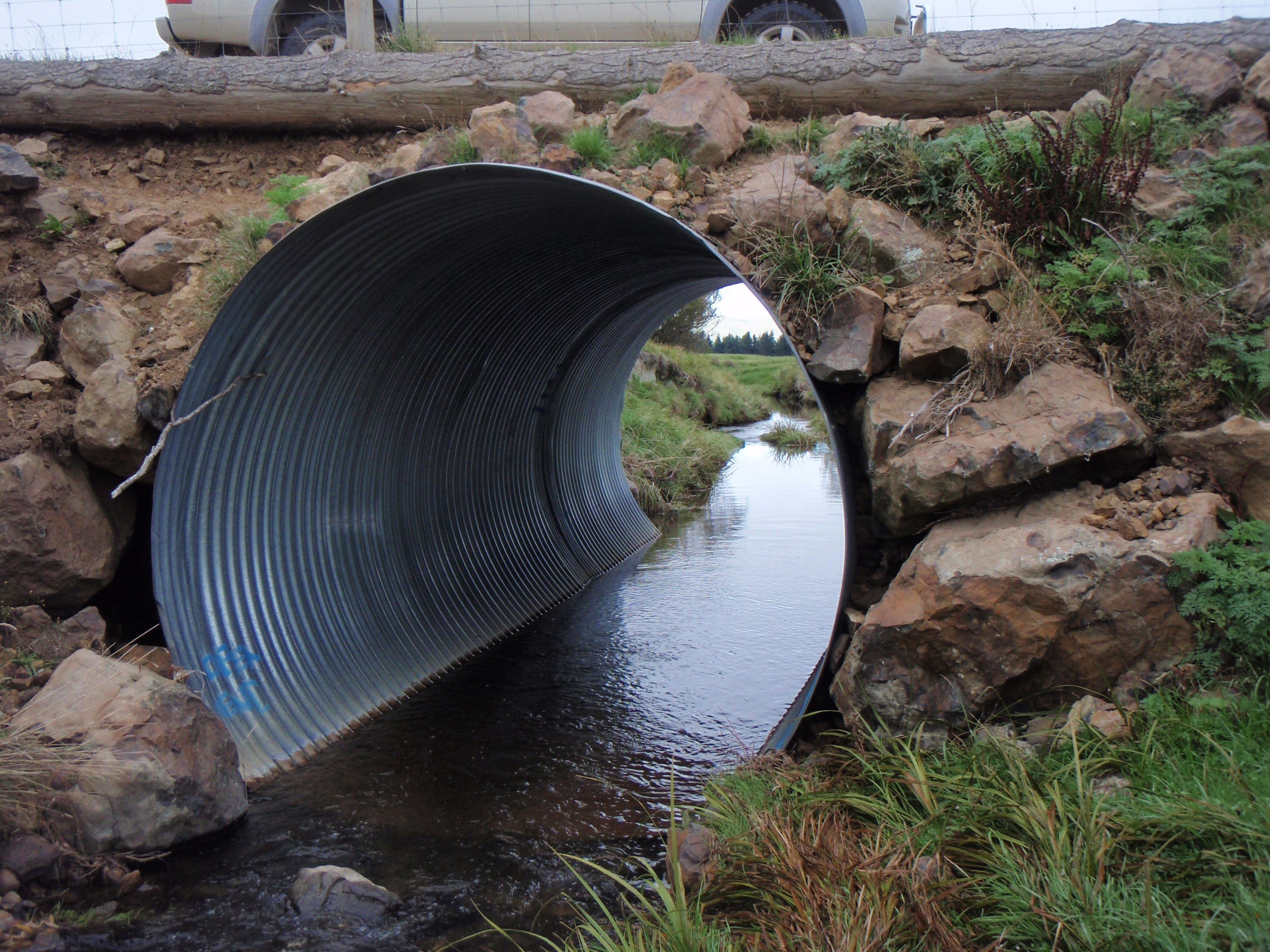Fish Passage Remediation Project
Environment Southland was awarded $385,000 from the Government’s Jobs for Nature - Mahi mō te Taiao programme in 2020 to identify, prioritise and remediate fish barriers in Southland’s rivers and streams. Environment Southland will contribute $115,000 from existing biodiversity budgets over five years to the project.
The project has a target of restoring fish passage by removing 250 barriers in streams and tributaries across the region by mid-2025.
It aims to retrofit baffles, spat rope to culverts, or use rocks and pools to raise water levels, to remove in-stream barriers to restore fish passage and increase the sustainability of indigenous fish populations.
Barriers to fish passage are identified through surveys, with the majority of remediation being done within the roading network.
Environment Southland is working with the Southland District Council to understand where its structures are. Private landowners are also encouraged to participate and get their crossings surveyed to determine whether they are barriers or not.
Fish passage is mandatory under the new freshwater regulations. The council is working closely with Te Ao Marama Incorporated to align both iwi and council priority areas, and is also working closely with landowners and catchment groups within the programme.

Identifying the right spots for fish passages, and prioritising installation points, including linking passages, are important initial aspects of the work.
Native fish species supported through the work include kanakana, ōkopu, īnanga, common bully, redfin bully, bluegill bully, torrentfish, banded Kokopu, kōaro, and longfin eel and shortfin eel.
Solutions will be tailored to each individual barrier taking into account the native species, stream connections, ecosystem health, and impacts of exotic species.

